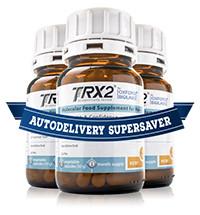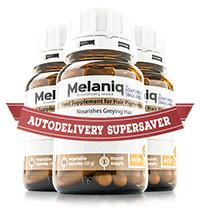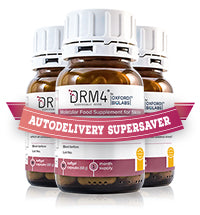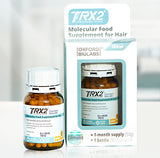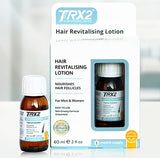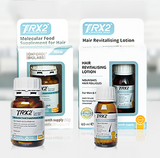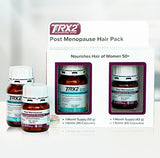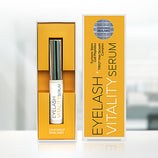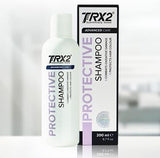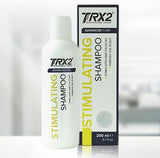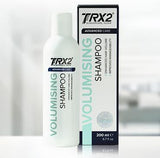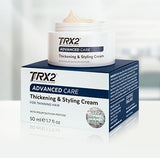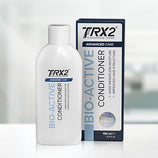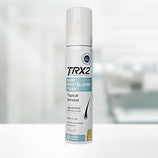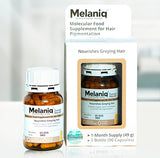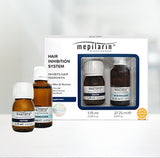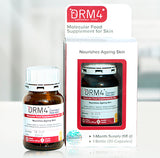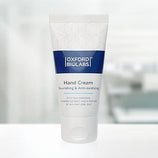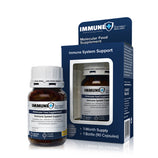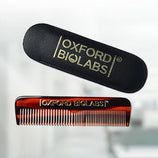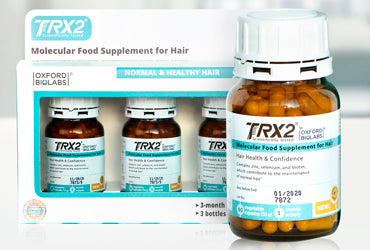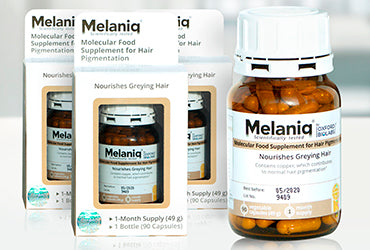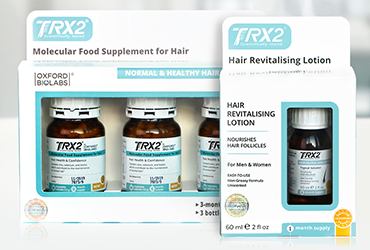Taking good care of the skin ensures not only the daily comfort and healthy appearance of the skin, but can also protect it from damaging environmental factors and premature ageing.
The Role of Happy and Healthy Skin
The appearance of the skin can greatly affect our psychological and emotional wellbeing. Unless there is a pre-existing skin condition, one of the first signs of change in the appearance of skin that people notice is ageing.
Skin ageing leads to drier, rougher, and thinner skin. This happens as skin loses fat and its elasticity thus causing wrinkles and blemishes.
While DNA plays a big part in how someone's skin looks and ages, other factors are equally important. For example, lifestyle habits, the environment, and exposure to sunlight. These factors can speed up the ageing process. Luckily, there are ways to combat that.
Happy and healthy skin starts with a good and healthy skincare routine. And the best part is — it doesn't need to be complicated. By following key steps that ensure good cleansing, support, and protection, you can make your skin look and feel better than ever before.
Keep reading and you will find out:
- what are healthy skincare essentials
- how to create a skincare routine for yourself
Healthy Skincare Basics
Essentially, there are three key steps to making sure you are taking good care of your skin — cleansing, moisturizing, and UV protection.
Cleansing
Throughout the day our skin gets exposed to a number of factors that affect how the skin feels and looks not only at the end of the day but also in the long term.
Numerous studies have shown that exposure to environmental pollutants can affect how the skin ages and feels. Air pollutants may also lead to an inflammatory or allergic reaction that can either trigger or worsen a pre-existing skin condition like eczema.
Even for people with healthy skin, it is recommended to not only thoroughly cleanse the skin properly but also incorporate something in the skincare routine that helps the skin against the effects of these pollutants.
Additionally, wearing makeup, touching your face, and working out can lead to accumulating excess dirt and sweat, which you'll need to remove at the end of the day.
Cleansing is absolutely essential before any additional skincare steps can be taken to ensure the absorption of active ingredients.
But how to cleanse properly? After all, there are numerous ways of cleansing techniques being advertised left and right.
In reality, it all comes down to own preferences and skin type.
For anyone wearing makeup, a double cleanse is recommended. First, you remove the makeup and then you cleanse the skin. This can be done with a variety of products — cleansing oils, liquid makeup removers, micellar water to name a few. The second part consists of water and a cleansing product that fits your skin type. For example, people with oily or combination skin can use gel cleansers while people with sensitive skin are recommended to use gentle cleansers that don't foam. For those who don't wear makeup, a single cleanse is enough.
It's highly recommended to wash your face with lukewarm water as hot water can dry out and irritate the skin.
Cleansing products for the skin, both facial and body, that contain ceramides are considered some of the best since ceramides are lipids that help the skin create a natural barrier and retain its own moisture.
Moisturizing
While you can certainly add additional steps like using serums and toners to add valuable active ingredients to the skin, a step that is not so optional is moisturizing. As mentioned earlier, it is one of the three pillars in a healthy skincare routine.
The main function that moisturizers do is add hydration while preventing water loss that may happen to the skin throughout the day/night due to harmful factors or simply due to the natural aging process itself.
Dermatologists agree — everyone should moisturize their skin. All year, every day, both women and men.
The type of moisturizer you choose will highly depend on your skin type. Those with oily skin are recommended gel moisturizers that are water-based while people with combination skin and sensitive and/or dry skin can go for heavier formulations.
Ingredients to look out for include hyaluronic acid and dimethicone that not only hydrate the skin but also calm irritation. Again, ceramides and glycerin are highly common in moisturizers as they help lock in the moisture.
While face oils have become increasingly popular, they should not be used as moisturizers within themselves but rather in addition here and there. The reason for this is that face oils only lock in the moisture but don't add any essential hydration-boosting elements like ceramides would, for example. Because of this, the long-term use of oil alone instead of a moisturizer can actually cause the skin to feel drier.
UV Protection
Few things are as damaging to the skin as sunlight due to its ultraviolet (UV) rays. What's so harmful about them is their ability to reach the deepest layers of the skin. This damages skin cells.
Unfortunately, UV protection is something that many people overlook because the damaging effect can usually be only noticed in the long term. The only exception is sunburn when this happens rapidly. Moreover, sunscreen is often overlooked by men more than women.
A common misconception is that sun protection should only be used in the summer when the sun is particularly intense. That is not true. UV protection has to be applied every day when you expect to go outside — yes, even on cloudy days due to the nature of invisible UV rays. And while the majority of people would only apply sun protection to their faces, it is actually recommended to use it on all exposed areas, for example, the hands as they are exposed throughout the year.
How to Create a Healthy Skincare Routine
- Establish what's right for your skin type: healthy skincare first starts with knowing your skin — what it likes and what it doesn't like. That said, there is no need to overcomplicate things. Simple cleansing, moisturizing, and basic UV protection is fine.
- Do it every day: nothing happens overnight, and that's why it's so important to create a routine. Cleanse, moisturize, and use UV protection every day to see your skin improving. Every morning wash your face with either just lukewarm water or water and cleanser, then apply moisturizer, and then some form of UV protection. In the evening, it's all about cleansing and moisturizing.
- If you have sensitive or problematic skin: you may want to avoid products with fragrance and any irritants like essential oils. Depending on the issues, you may also need to use stronger UV protection throughout the day to ensure that sunlight doesn't irritate your skin.
- Incorporate supplements: while the majority of essential vitamins can be acquired through a healthy diet, sometimes we need that extra intake. Especially our skin when it has so many stressors affecting it day in and out. To avoid premature ageing and damage to the skin due to UV exposure, free radicals, and other harming factors, it might be a good idea to also incorporate supplements into your everyday routine.
Taking good care of the skin is an ongoing process. While there are no quick fixes that will deliver magical results overnight, there are plenty of easy things you can do every day to ensure that your skin doesn't age prematurely.
Remember the basics — cleanse, moisturize, and use UV protection. And everything else, well that's just a cherry on top.
